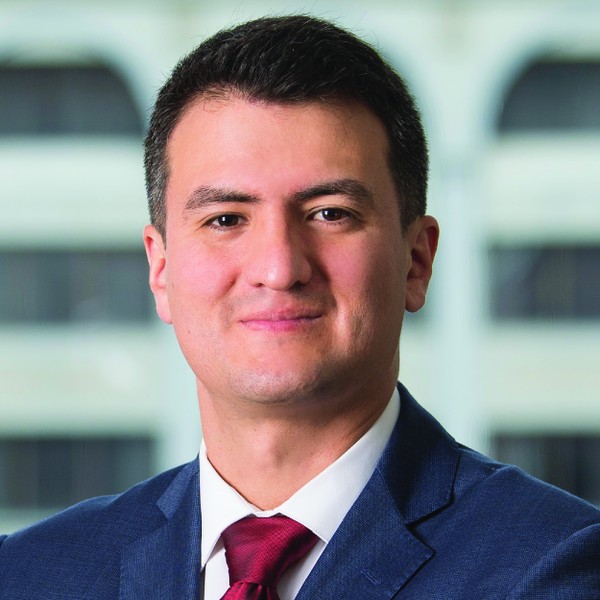
What are your key roles and responsibilities in your current positions? What do you like most about your job and what do you find most challenging?
List or describe the top 5+ professional skills that are crucial to your role.
-
Communication: Amazon has a strong writing culture where the written communication skill is paramount for your success.
-
Stakeholder Engagement: Building and maintaining relationships with cross-functional teams and influencing decision-making processes to gain buy-in for proposed strategies and recommendations.
-
Critical Thinking: The ability to identify, analyze, and resolve complex issues related to financial operations and performance.
-
Quantitative Analysis and Econometric Modeling: The ability to develop and apply econometric models to evaluate the impact of various factors on financial outcomes and forecast future trends.
-
Data Engineering: Proficiency in data engineering techniques, including data collection, manipulation, and analysis using tools such as SQL, Python, or R. Additionally, experience with cloud-based data platforms is a plus. This skill is crucial for accessing and preparing large datasets for econometric modeling and analysis, enabling informed decision-making.
How did your time at Yale shape your career trajectory? For example, what skills and/or experiences did you acquire that have contributed to your career success?
My time at Yale has had a huge impact on how my career has unfolded. It gave me a solid foundation of skills and experiences that I still draw on today. One big thing I learned was how to tackle challenging research questions. While working as a research assistant for Professor Kortum, I learned how to break down complex problems into smaller, more manageable steps. We’d start with simple models and work our way up to more intricate models. This approach has been super useful in my job, where I’m always dealing with challenging problems.
Another thing I took away from Yale was the importance of staying humble. Meeting so many brilliant academics who were so open to new ideas was eye-opening. They showed me that even the smartest people have their struggles. It made me realize the value of staying down-to-earth and open-minded, especially when things get tough at work.
My time at Yale gave me not just the technical know-how to handle tough tasks, but also the humility and resilience to keep pushing forward, no matter what comes my way.
What were the biggest challenges that you faced when transitioning to different workplaces and cultures? What advice and suggestions can you offer to current students to help them prepare for those challenges?
- Navigating Mid-life Crisis: Transitioning from the structured environment of academia to the professional world often brought about a sense of uncertainty. While success in academia was defined by clear benchmarks, such as grades or publications, the metrics of success in the workplace were less defined. This transition can lead to what some might term a “mid-life crisis” where one’s sense of direction feels blurry. My advice to current students is to embrace this ambiguity as an opportunity for growth. Use your time at Yale to explore various career paths, engage in internships or co-op experiences, and seek mentorship to gain clarity about your professional goals and aspirations.
- Understanding the Dynamics of Success: In academia, the merit of an idea is often judged based on its intellectual rigor and novelty. However, in the professional world, the best ideas may not necessarily be the ones that prevail. Convincing others and gaining buy-in for your ideas requires not only sound reasoning but also effective communication and persuasion skills. It’s crucial to understand the importance of presenting evidence in a manner that resonates with your audience. My advice is to actively develop your soft skills, particularly communication skills, during your time at Yale. Take advantage of resources such as communication workshops, public speaking opportunities, and networking events to hone these essential skills.
